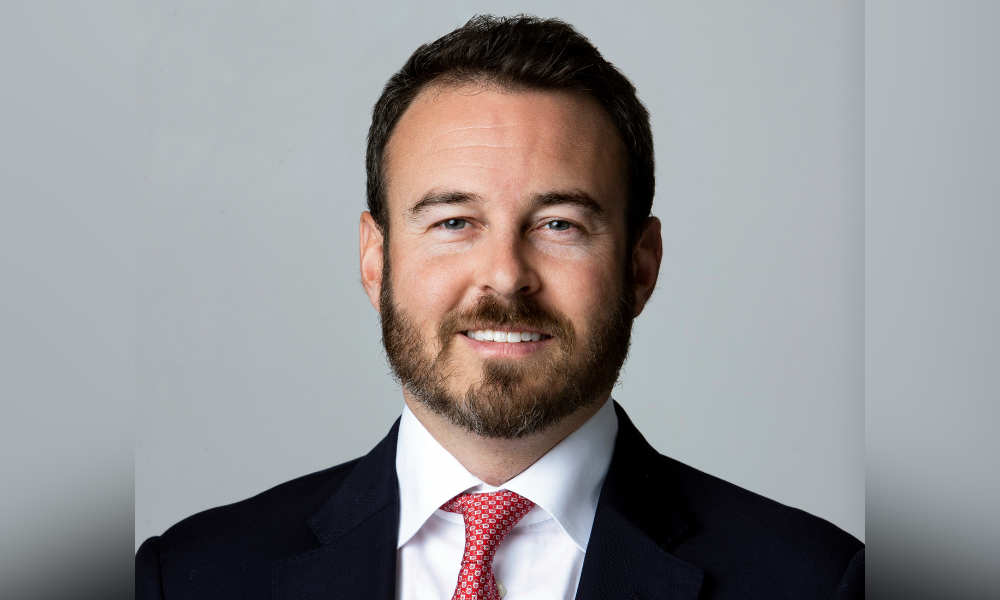Advisor explains how the industry has been overstretched by a need to justify fees and add service offerings

The investment advisory business may be promising more than it can or should deliver, at least under the current pricing model. That’s Kevin Burkett’s view at least. Burkett is a portfolio manager at Burkett Asset Management as well as a CPA and Tax Partner at Burkett & Co. Chartered Professional Accountants. In wearing both hats, he sees firsthand the incredible complexity that comes with tax and estate planning work. He also sees the growing need for some advisors to justify their fees, driven in part by advertising campaigns aimed at the investment advisory business.
The trouble, Burkett says, is that many advisory firms have simply tacked on promises of estate and tax planning services to their offerings while charging the same fees. That means either an under resourced advisor is now having to provide highly complex services without appropriate support, or a firm is investing heavily in lawyers, accountants, and estate planning professionals, potentially squeezing an advisor’s margin. Burkett’s view is that while modern advisory firms may wish to engage more seriously in these services areas, they should ensure this involvement is appropriate.
“It makes sense for advisors to be involved in tax and estate planning, but I think if you are practicing in these areas you need to have appropriately credentialed teams and should be charging additional fees to avoid where I think the industry is headed today where you have all these people who are just trying to lengthen the list of services they provide but they’re not providing them in a serious way,” Burkett says. “The risk of tacking on highly technical things like tax returns or templated estate plans for free is failing to adequately resource your efforts and the potential for poor client outcomes.””
“When engaging in legal or tax planning, it’s important to remember that these are also regulated professions,” Burkett adds. He says that consulting with appropriate legal or compliance professionals is a good source of information.
Burkett believes that adding more services can make sense for advisors, the issue he has is with the addition of services as a means of justifying fees. He sees plenty of lawyers, tax planners, and accountants (like himself) entering the advisory space. He encourages those experts to bring their expertise to bear, but as an additional service that comes with a charge.
There are also plenty of instances where Burkett sees firms or practices without expertise in these areas offering estate or tax planning services. He knows firsthand how complex that work can be and cautions against overconfident advisors thinking they can offer these services without appropriate expertise.
The origins of this co-mingling of services is clear in Burkett’s eyes. While this highly complex and regulated industry may delineate these services more clearly, in the mind of most clients their investments, their estate plans, their financial plans, and their tax plans are all deeply entwined. Why wouldn’t they go to their financial advisor with a question about taxes? Burkett’s issue is with an advisor or a firm trying to answer that question themselves where a decade ago they might have referred out to a lawyer or accountant. Some of that impulse is due to the wider fee conversation, where clients may come and ask an advisor to justify their fee. Burkett cautions against what could be an overreaction to that ask.
Burkett cites his own experience in leading a tax firm and an investment management practice. The two businesses are separate, and while there is value for his existing investment management clients in using Burkett for their tax services, he doesn’t offer them his tax services for free. They offer a competitive rate for those services and expect the client to see a value add from having people that know their investment goals and financial plan manage their tax returns.
Burkett acknowledges that his view is pushing against the tide somewhat. Holistic financial planning has been a watchword in this industry for a long time now. Implied within that is an endlessly expanding list of services all covered under the same fee. As other advisors see their firms moving in that direction, Burkett encourages them to ask for the support needed to provide these services well and proactively.
“Hopefully at a minimum they have resources that are made available to them from their firm, and they should be engaging with the firm to determine whether they're adequate to actually deliver or not,” Burkett says. “Advisors should hold their platforms accountable to what they say they can do for their clients. And if there are gaps there, I think finding and collaborating with external accountants and lawyers may be a better approach.”



